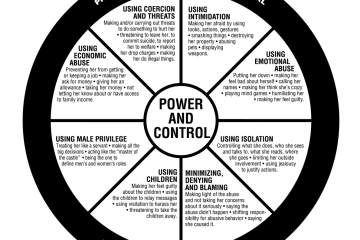Understanding the Mafia Old Country Phenomenon

Introduction to the Mafia Old Country
The term ‘Mafia Old Country’ typically refers to the origins of organised crime in Italy, particularly in Southern regions like Sicily. The Mafia, or Cosa Nostra, has transcended mere crime syndicates, deeply influencing Italian culture, politics, and even social customs. Understanding the Mafia’s origins helps to unearth the socio-economic factors that fostered its rise and the ways it still shapes perceptions of crime and authority today.
Historical Background
The roots of the Mafia can be traced back to the Italian unification in the 19th century when law enforcement was weak and local authorities were often corrupt. The initial role of the Mafia was to provide protection to landowners against theft, but this foundation quickly evolved into a sophisticated system of extortion and violence. In the years following World War II, the Mafia expanded its influence significantly. With the Italian economy in ruins, members diversified their activities into the burgeoning narcotics trade, further entrenching their power within the social fabric and local economies.
Global Influence
Today, the Mafia’s influence extends far beyond Italy. With the advent of technology and globalisation, Mafia-like organisations have emerged in various countries, adapting the old methods for new profitable ventures such as drug trafficking and online fraud. This evolution has contributed to an increase in international crime syndicates that draw inspiration from the traditional Mafia structure. Countries in North America and Europe grapple with the ramifications, as these syndicates operate across borders, often eluding law enforcement.
The Mafia’s Cultural Legacy
The Mafia Old Country is not solely a topic of crime; it permeates arts and literature. Films like ‘The Godfather’ and novels depicting Mafia life have enshrined the culture in the global consciousness. They offer both glamorisation and critique, showing not only the allure of power but also the moral consequences of such a lifestyle. Cultural depictions maintain public interest and sometimes foster stereotypes that overshadow the reality of those affected by organized crime.
Conclusion: The Future of Mafia Dynamics
The significance of understanding the Mafia Old Country extends into current societal issues, including economic disparity and corruption. While efforts continue globally to dismantle these organisations, the historical context is crucial for addressing contemporary issues surrounding organized crime. As societies evolve, so too will these groups, necessitating ongoing scrutiny and adaptive law enforcement strategies. For readers, the topic remains a crucial lens through which to view both historical and modern conflicts surrounding power, crime, and culture.









